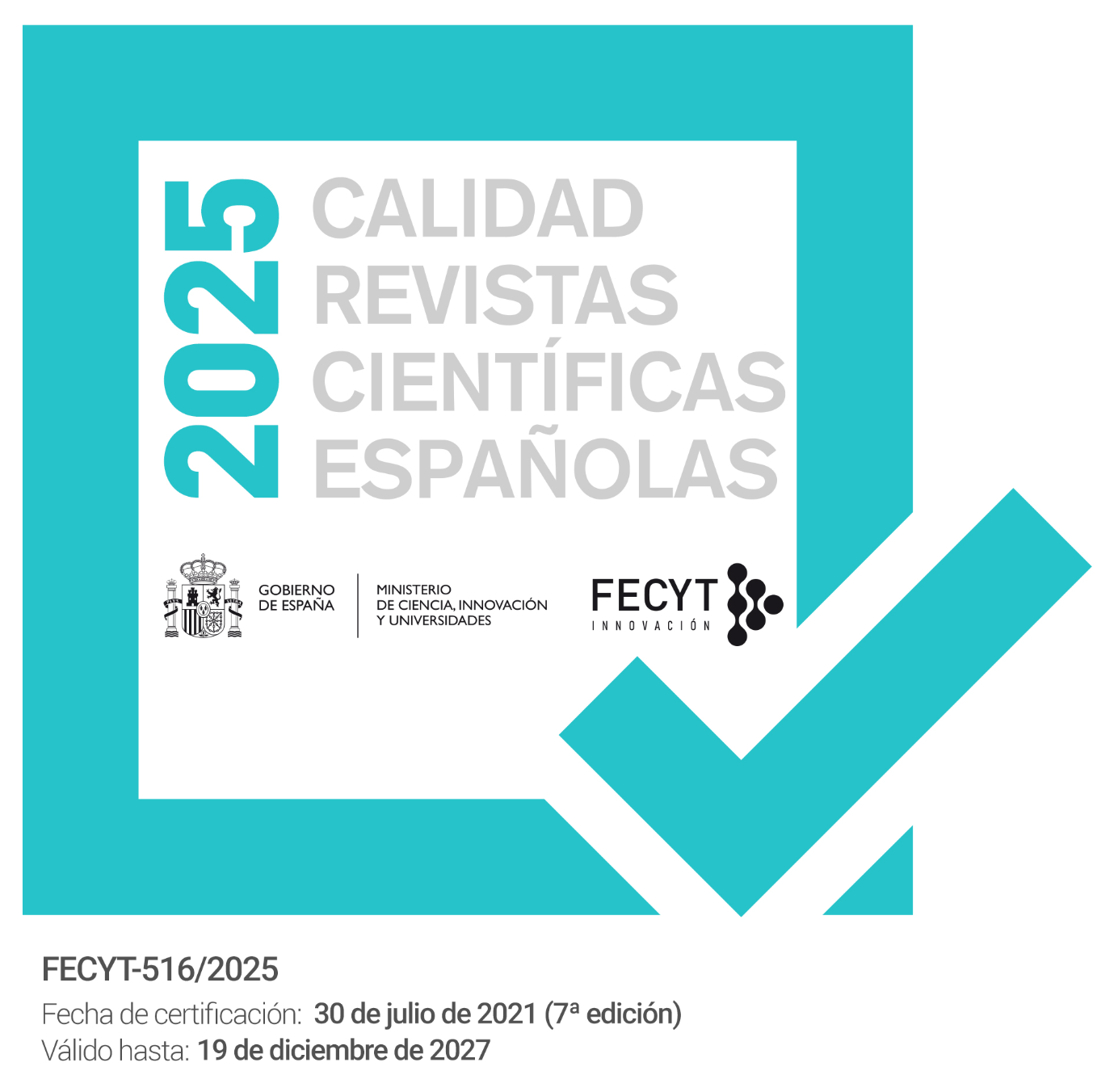On the interaction language-mind-brain: metaphor as embodied simulation
Abstract
Conceptual Metaphor Theory (Lakoff & Johnson 1999) provides a coherent and empirically falsifiable explanation which relates very different levels of description: from the linguistic structures we find in everyday language, to the mental structures that motivate them and finally to the brain simulations that ground them. This explanation is closely related to the recent perspective in Cognitive Science known as the “Embodied Cognition Thesis” (e.g., Barsalou 2008). In this way, it could be seen an important step towards the “consilience” of sciences: the union of knowledge coming from different specialized fields in a unified framework of understanding (Wilson 1998), leaving in this way behind the well-known distinction established by C.P. Snow between the “Two Cultures”, the sciences and the humanities. This does not mean that conceptual metaphor theory is free of problems or has reached the maturity stage of other theories. In this work, we provide a critical appraisal of the theory, pointing out some of the issues which should be addressed in future research.Downloads
-
Abstract1247
-
PDF (Español (España))890
The works published in this magazine are subject to the following terms:
1. The Publications Service of the University of Murcia (the publisher) preserves the economic rights (copyright) of the published works, and favors and allows the reuse of same under the license of use indicated in point 2.
2. The papers are published in the electronic edition of the magazine under a Creative Commons Attribution-NonCommercial-NoDerivative 3.0 Spain license (legal text). Papers may be copied, used, disseminated, transmitted and publicly exhibited if the following requirements are met: i) The authorship and the original source of its publication (magazine, editorial and URL of the work) must be cited; ii) The works cannot be used for commercial purposes; iii) The existence and specifications of this user license must be explicitly mentioned.
3. Self-archiving conditions. Authors can electronically disseminate pre-print versions (version before being evaluated) and / or post-print versions (version evaluated and accepted for publication). This makes possible its circulation and diffusion earlier and with it a possible increase in its citation and reach among the academic community. RoMEO color: green.









